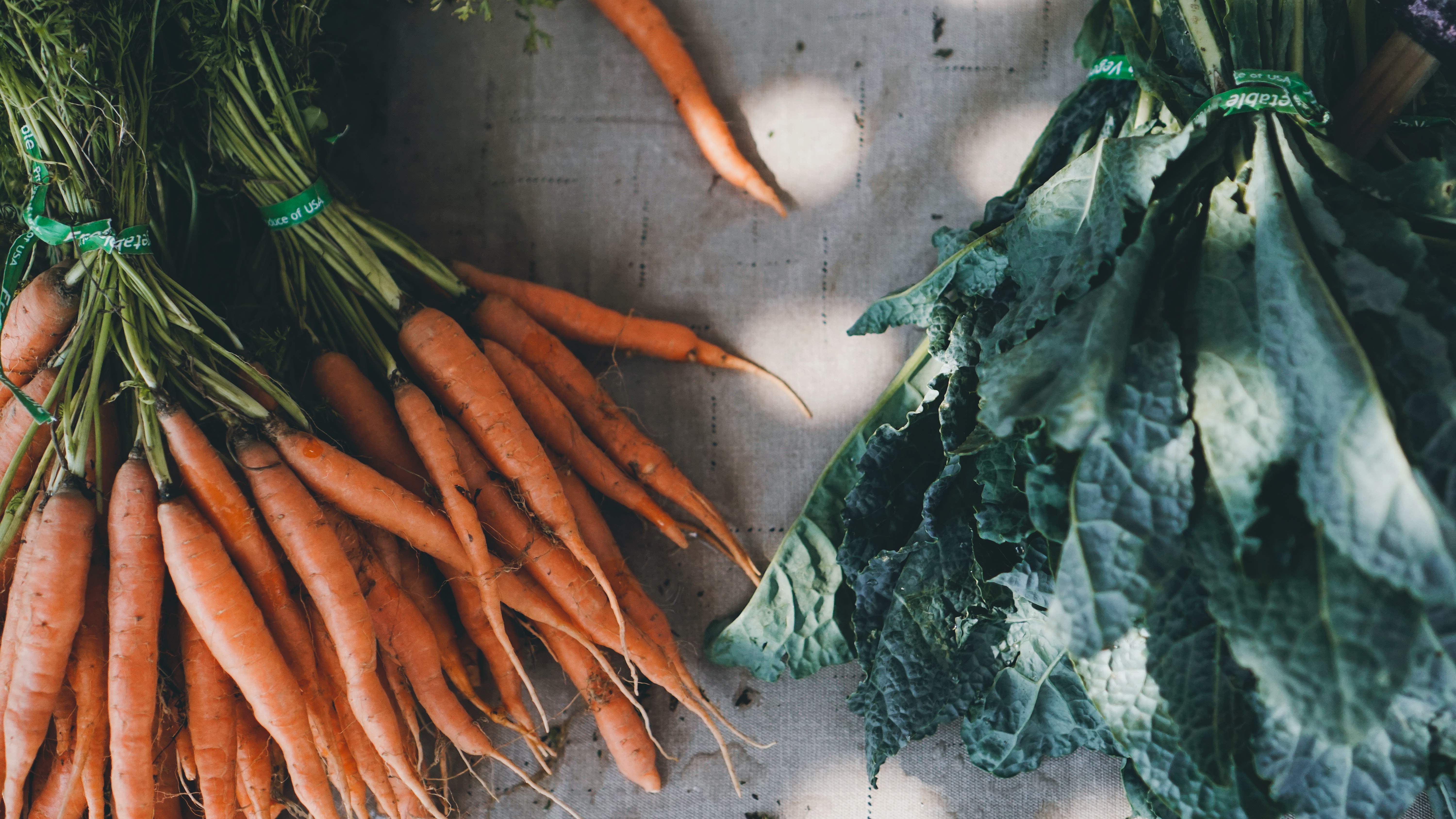Why Organic CPGs Will Survive Into the Future
Interest in organic CPG products exploded during the early days of the COVID-19 pandemic. Faced with a global threat to human health, people bought healthier food products. But growth in the organic market has slowed in recent months. The days of pantry loading have passed and, as a recession looms, lots of households are feeling the pinch.
So what does this mean for organic CPGs? Is consumer demand going to fall? Will brands survive into the future?
Despite the current financial situation in the USA, industry valuations and market trends all paint a very positive picture for organic products moving forward. Consumers may be looking to spend a little less on their groceries right now, but there are lots of reasons why this shouldn’t impact the long-term growth of this CPG sector, as we’re about to see.
What is the market share of organic CPGs?
Whilst growth may have slowed a little over the past year, organic CPGs have been reliably growing their market share for over a decade.
In 2020, organic food sales accounted for 6% of total food sales in the USA. This is a figure that has doubled since 2008. And it means that in 2021, US organic sales surpassed $63 billion for the first time ever.
That’s a lot of organic products making their way into households across the country.
Globally, the market is also growing. The worldwide organic food and beverages market was valued at an incredible $188.35 billion in 2021.
What is the projected market share of organic products?
Not convinced that the market can get any bigger? Well, take a look at this amazing stat!
Experts predict that the organic market will continue to grow at a CAGR of 14.80% over the next eight years. On this basis, the market will reach a value of $995.96 billion by 2030.
It appears that there’s plenty of growing room for the organic food and beverage market. But why is this the case?
Why are organic CPGs so popular?
Organic consumer packaged goods are growing in popularity. That’s down to a couple of key organic produce USPs.
Because they’re nutritious
Research shows that organic produce is more nutrient dense than non-organic alternatives. It contains higher levels of antioxidants and healthy fats.
That means consumers can be confident that they’re getting more of the essential vitamins and minerals they need from their food.
Because they don’t harm your health
People also choose organic CPG products because they’re free of the nasties associated with non-organic food and beverage production.
Long-term exposure to the pesticides used in traditional farming (which can’t always be removed by washing produce) has been linked to a wide range of health problems. These include cancer, Parkinson’s, asthma, depression, anxiety, and ADHD.
When people buy organic products, they know that chemical pesticides haven’t been used in the farming process. They can also be sure that there are no added preservatives and that food hasn’t been genetically modified.
Organic products are natural and are therefore seen as better for our overall health.
Because consumers care about the environment
Chemical fertilizers and pesticides aren’t just bad for people. They’re also bad for the planet and its wildlife.
Some pesticides are harmful to pollinating insects, like bees. They produce run-off that ends up in nearby waterways. They also deplete the soil of valuable nutrients and damage local ecosystems.
Consumers increasingly care about the environmental impact of the products they buy, CPG products included. So they appreciate the fact that organic farming uses processes that are kinder to the environment.
Organic farms don’t use damaging pesticides. They have a smaller carbon footprint than traditional farms. And they also support a more diverse range of wildlife.
Because consumers want transparency
Supply chain transparency is another important issue for consumers. Many people now want to know how ethical and environmentally friendly a CPG brand is before they buy from them.
This information isn’t always easy to find. And — even when it is — consumers are suspicious about its reliability. After all, a lot of brands are unfortunately here for greenwashing. And the supply chain stats provided by some brands are misleading.
With organic produce, it’s different.
A third-party, organic seal of approval shows to consumers — in an instant — that a particular CPG brand sticks to its ethical and environmental values. It’s a clear sign that a brand is doing more than the bare minimum regarding its corporate social responsibility.
Will organic food stay popular?
So we’ve covered the reasons why organic food is currently a big hit with consumers.
But how do we know that organic food isn’t just another health trend destined to fade away? Can we be sure that this popularity will last for years to come?
We think the answer is a definite and planet-positive “Yes!” Here’s why.
The market has already survived global challenges
Growth in the organic market slowed in response to the 2007 financial crash. During this period, naysayers were convinced that the organic food trend was a fad that was fading into obscurity. They believed that, when push came to shove and household finances were tight, organic food was destined to fall off the consumer radar.
But, as we’ve seen, the organic food and drink market bounced back. And has (largely) continued to go from strength to strength. Even if the current recession impacts organic sales temporarily, we know that consumers have demonstrated a sustained interest in organic food and drink products over decades.
Younger generations are more environmentally aware
According to Pew Research, younger generations are more environmentally conscious than their parents and grandparents. Millennials and Gen Z care more about the environment than Gen X and Boomers. And we can only presume that Generation Alpha — born from the early 2010s until now — will follow this trend.
As more of these young people turn into key consumers, the environmental impact of CPG products looks set to rise even further up the agenda.
This is good news for organic CPGs, who will have a larger target market to sell to in future years.
Organic food will become more affordable
One of the primary reasons consumers reject organic produce is the price. Up to now, organic foods and beverages have been more expensive than non-organic alternatives.
But that is something that could change as the organic market continues to grow. As demand for organic produce increases, economies of scale will reduce the costs involved in organic food and beverage production. These savings can then be passed on to consumers.
Another positive note on pricing? Disposable income per capita in the USA continues to rise year on year. This is another way in which organic food looks set to become more affordable for the average American.
Want to get your organic products in front of the widest possible audience?
There are lots of reasons for organic CPG brands to be positive.
Growing environmental awareness, falling production prices, and rising disposable income all indicate that the organic market will continue to grow at a healthy rate over the coming years. But to maximize these opportunities, you need to get your organic products in front of as many consumers as possible.
How do you do that? By working with a distributor who stays ahead of the curve.
Buffalo Market is the leading distributor of natural, organic, sustainable, and healthy food. We represent some of the fastest-growing brands in the largest retailers in the United States.
To learn more about how Buffalo Market’s cutting-edge distribution model can help grow your business, reach out to one of our experts today.


